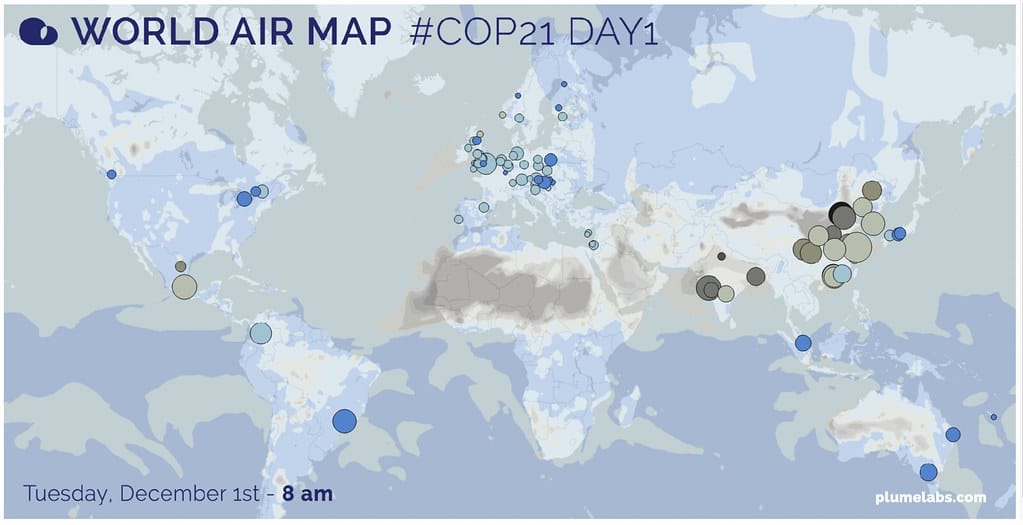Air Pollution Linked to Higher Dementia Risk, Cambridge Study Reveals
A groundbreaking study from Cambridge University has delivered sobering news for millions living in polluted urban areas: long-term exposure to air pollution significantly increases the risk of developing dementia. The research, published in the journal Environmental Health Perspectives, adds to mounting evidence that the air we breathe may be silently damaging our brains.
The Cambridge Study: What Researchers Found
The comprehensive study tracked over 460,000 participants across the UK for more than a decade, making it one of the largest investigations into air pollution and cognitive decline to date. Researchers focused on fine particulate matter (PM2.5) – microscopic particles smaller than 2.5 micrometers that can penetrate deep into lung tissue and enter the bloodstream.
The findings were striking: participants exposed to higher levels of PM2.5 showed a 42% increased risk of developing dementia compared to those breathing cleaner air. Even more concerning, the study found no safe threshold – any increase in pollution exposure correlated with higher dementia risk.
"We were surprised by the strength and consistency of the association," said lead researcher Dr. Sarah Chen. "The data suggests that air pollution may be one of the most significant modifiable risk factors for dementia that we've identified."
How Air Pollution Attacks the Brain
The Biological Pathway
The mechanism behind pollution-induced brain damage is becoming clearer through recent research. Fine particles can cross the blood-brain barrier, triggering inflammation in brain tissue. This chronic inflammation may accelerate the formation of amyloid plaques and tau tangles – the hallmark proteins associated with Alzheimer's disease.
Additionally, air pollution appears to reduce brain volume in areas critical for memory and cognitive function. MRI scans from the Cambridge study showed participants in high-pollution areas had measurably smaller hippocampi, the brain region essential for forming new memories.
Vulnerable Populations
The study revealed that certain groups face heightened risk:
- Adults over 65: Already at higher baseline risk for dementia
- Urban residents: Exposed to traffic-related pollution daily
- Low-income communities: Often located near highways and industrial areas
- People with cardiovascular conditions: Air pollution compounds existing health risks
Global Context: A Worldwide Crisis
The Cambridge findings align with similar research worldwide. A 2023 study in Los Angeles found that reducing PM2.5 levels by just 10% could prevent 14,000 dementia cases annually. In China, researchers documented cognitive decline in children exposed to high pollution levels, suggesting the damage begins early in life.
Currently, over 90% of the world's population lives in areas where air quality exceeds World Health Organization guidelines. This means billions of people may be unwittingly increasing their dementia risk simply by breathing.
The Economic Impact
The financial implications are staggering. Dementia already costs the global economy over $1 trillion annually. If air pollution is contributing to even a fraction of these cases, the hidden healthcare costs of pollution extend far beyond respiratory and cardiovascular diseases.
Taking Action: What Can Be Done
Individual Protection Strategies
While systemic change is needed, individuals can take steps to reduce exposure:
- Use air purifiers with HEPA filters in homes and offices
- Check daily air quality indexes before outdoor activities
- Exercise indoors on high-pollution days
- Consider N95 masks during commutes in heavily polluted areas
- Plant air-purifying plants like spider plants and peace lilies indoors
Policy Solutions
The Cambridge researchers emphasize that meaningful change requires policy intervention:
- Stricter vehicle emission standards
- Investment in public transportation
- Green urban planning with more parks and trees
- Industrial pollution controls
- Support for clean energy transitions
The Path Forward
This research represents more than just another health warning – it's a call to action. As Dr. Chen noted, "Unlike age or genetics, air pollution is a risk factor we can actually do something about."
The Cambridge study's strength lies not just in its scale, but in its clear message: protecting our air quality isn't just about preventing asthma or heart disease. It's about preserving our minds and protecting future generations from preventable cognitive decline.
With dementia cases projected to triple by 2050, understanding and addressing environmental risk factors like air pollution has never been more urgent. The question isn't whether we can afford to act on air quality – it's whether we can afford not to.

